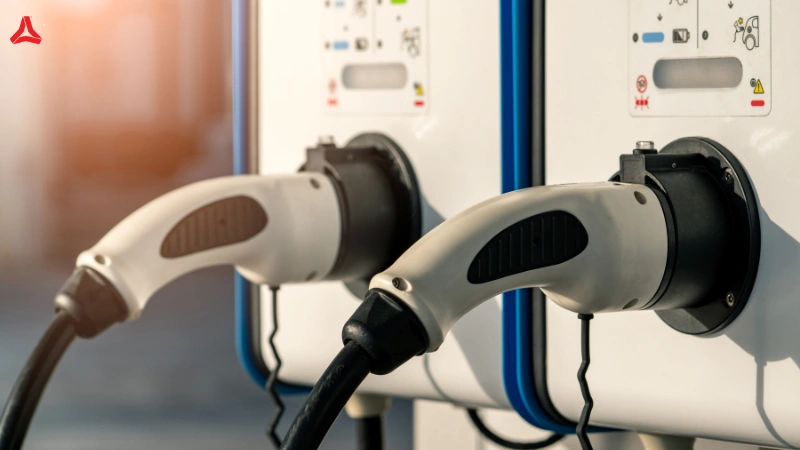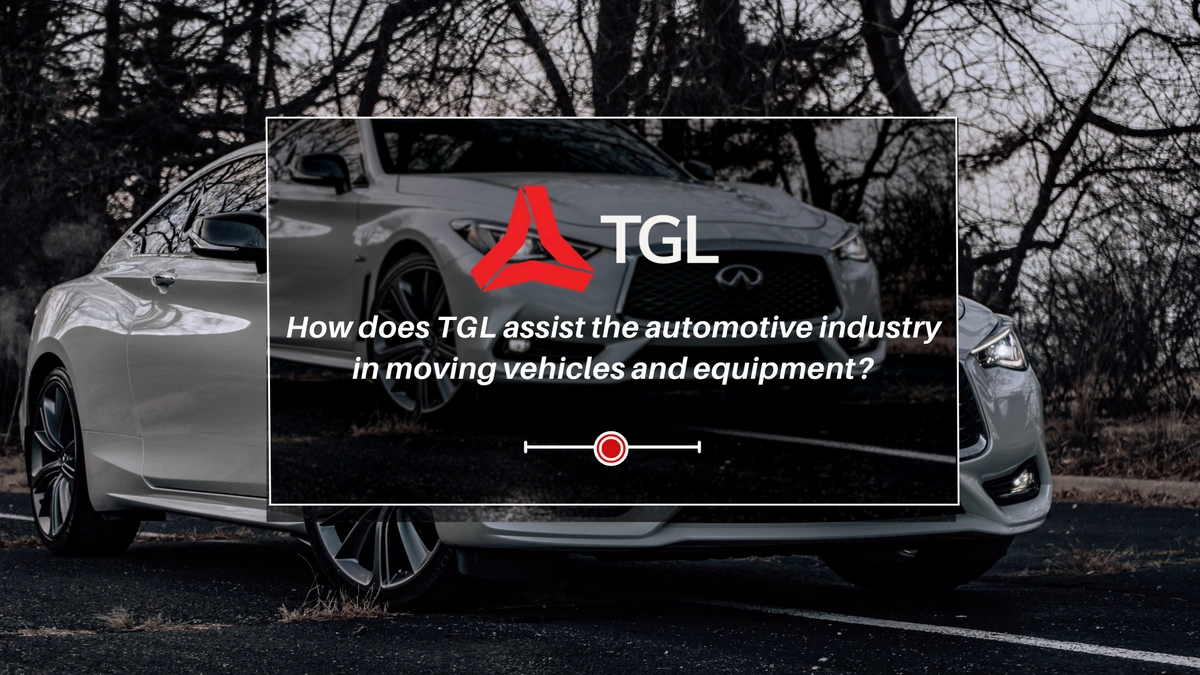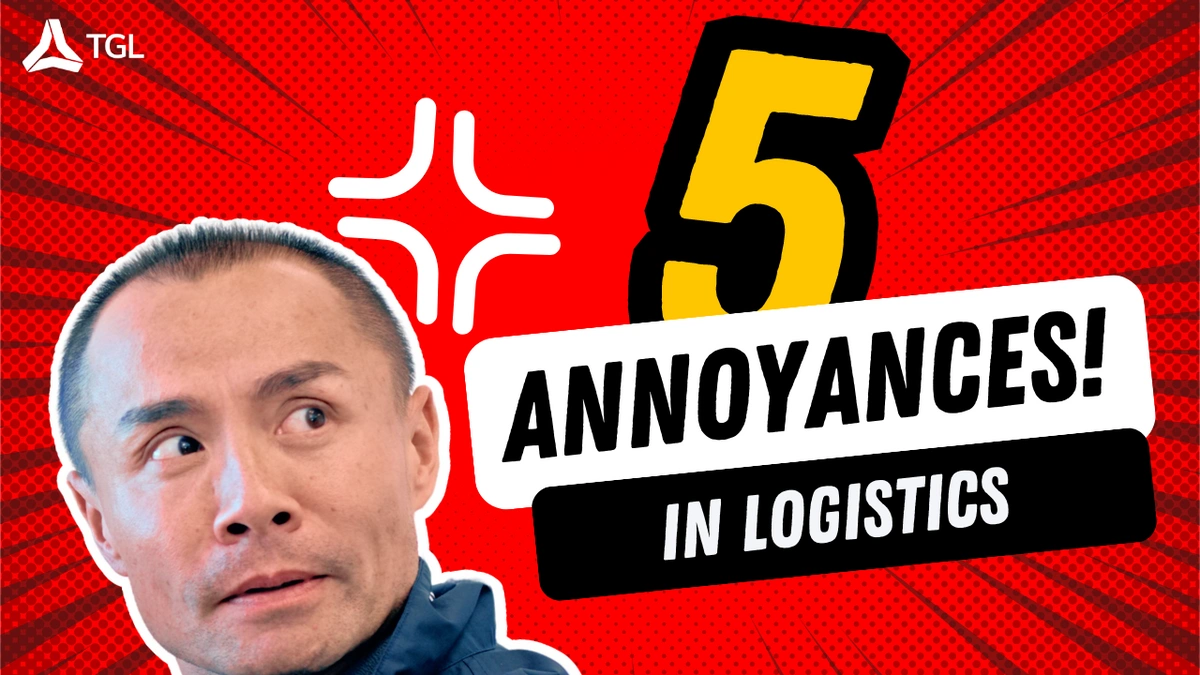Electrifying Freight Forwarding: Future of Logistics?

How Electrical Vehicles Will Shape the Future of Freight Forwarding?
The electric vehicle industry has become increasingly popular over the past decade, the advancement in EVs (electric vehicle) has been astonishing, and this trend will continue into the future. Micro mobility is a rising sector in the industry, there has been significant movement towards transporting small goods via light vehicles. Companies around the world have been moving towards light vehicle transport for last mile delivery. Governments are also supporting the movement through sponsoring events such as the micro mobility conference held in Sydney. The event brings together industry experts from around the world to provide informative sessions for attendees and encourage the adoption of micro mobility transport.
Electric vehicle in logistics
As the world turns to more eco-friendly forms of transport, the electric vehicle industry has become much more prominent over the years. The transportation industry is a significant contributor to greenhouse gas emissions, freight transportation makes up 8% of global greenhouse gas emissions, and its carbon emissions may double by 2050. Current alternatives to fuel, such as battery-electric power, are not practical for larger vehicles like aeroplanes and cargo ships. While there are fewer options for more sustainable air and sea freight options, the trucking industry has taken a big step in the right direction.
Shipping lines are also finding ways to become more sustainable; more companies have been investing and researching ways for cargo ships to be more sustainable. A prime example of this movement is the Sustainable Shipping Initiative (SSI); various stakeholders have collaborated to "lay out the pathways and define tangible milestones to be collectively achieved over the coming decades". One of the initiative's key aims is to find better energy sources for the shipping industry.
The freight industry is changing the way goods are transported domestically, and there is a significant opportunity for the trucking sector to adopt more sustainable options. Electric vehicle technology provides numerous advantages for road freight operators, the main benefit of transitioning to an electric mode of transport is the positive impact on the environment. Battery electric vehicles significantly reduce greenhouse gas emissions; it has been estimated that electric trucks will account for one-third of the emission reductions by 2050. While adopting EV transport for freight is extremely beneficial, businesses also need to consider the viability.
Heavy-duty trucks continue to see technological improvement; however, due to the high energy requirements, truckers believe that the power of EVs isn't the same as regular fuel trucks. Other vital considerations could include usage requirements, the amount/size of cargo, distance, and more. Businesses are considering a more sustainable and energy-efficient future when transporting goods domestically due to environmental and maintenance benefits and operational cost reductions. Fuel and oil prices have always been a significant influence on freight costs; the recent Ukraine and Russia war emphasise the reality of the volatile market.
Companies can better plan for electric vehicle costs which will have a ripple effect on the overall bottom line. Governments are also contributing to the shift towards electric vehicle transport; NSW government bodies have implemented an electric and hybrid vehicle that focuses on future mobility and technology in transportation. The plan aims to contribute to the zero emissions by 2050 and fast-track the adoption of electric vehicles. The key priorities outlined include promoting more vehicle availability, increasing charging infrastructure and creating informative sources for customers. The government is also providing incentives for businesses in order to encourage the adoption of EV transport fleets. They have contributed $105 million, which would help EV and emissions reduction goals.
Micro Mobility
The micro-mobility sector is a key part of the EV industry as a whole; there has been a growing interest, especially in the freight forwarding market. Some global companies have already started trialling electric cargo bikes for last-mile delivery; start-ups are also aiming to adopt micro-mobility vehicles. The Australian micro-mobility market revenue is set to increase to approximately $19 million by 2030, with the major growth drivers being convenience and low price. On a global scale, the market is estimated to grow to $6.1 billion by 2027. Light electric vehicles are emerging as the more efficient way to move last-mile freight in congested city areas; they can bypass traffic and, in some cases, are quicker than delivering products by van.
There have already been significant improvements in the sector; for example, a pilot project in New York resulted in a 109% increase in deliveries by cargo bikes. There have also been signs of emissions reduction by delivering via light electric vehicles. While micro-mobility has a range of benefits, it is not the suitable alternative for vans in all areas; companies need to consider the city's density, infrastructure, size and type of delivery, and proximity to customers.
Micro Mobility Conference
The upcoming micro-mobility expo will be held from Friday, the 25th of November, to Saturday, the 26th, Australia's first dedicated Micro Mobility Conference will take place in Sydney. The conference aims to provide opportunities for attendees to learn about the industry from international and Australian experts. Attendees will also be able to experience some of the best practices first-hand, with e-bike tours hosted by industry experts from the City of Sydney. The conference will also be a great chance to make new contacts with industry experts and understand the endless benefits of micro-mobility.
How TGL is Involved in Electric Vehicle Logistics
Here at TGL, our dedicated team has experience across a range of industries, this means we can tailor each service to what you need. One of our key industries is the micro-mobility sector; we have organised transport for e-bikes, e-scooters, cargo bikes and other light vehicles for key clients such as BEAM and BIRD ride. The industry is constrained by various regulations which can make it more difficult transport across borders, our specialist freight forwarding team will implement logistics solutions that address all of difficulties in the sector.
Discover Tailored Logistics Solutions. Claim your free consultation with our Agents Today!



